News
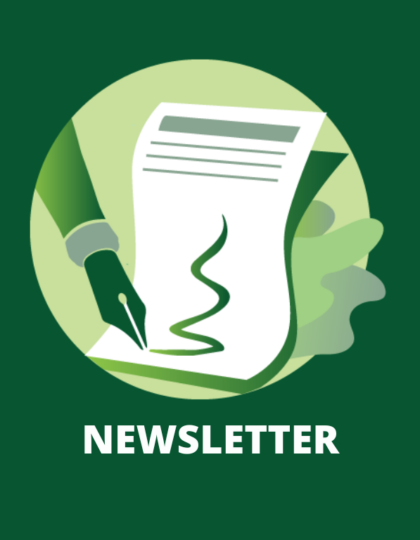
September 2024 newsletter - embracing productive months ahead
We just published our post-summer newsletter edition. Wondering what’s in it for you? Here are a few highlights you might…
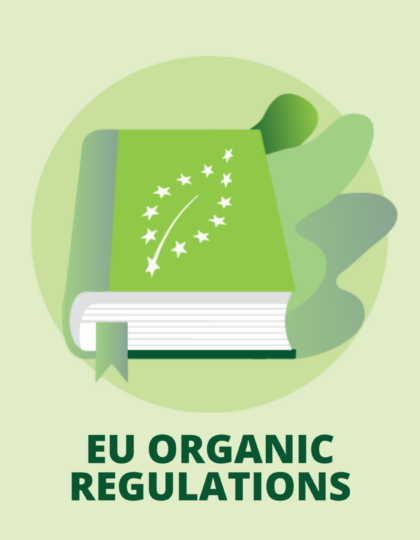
17/09/2024
Organic regulations
Regulation updates: De-alcoholised wine, use organic logo, certificates, compliance & aquaculture
Following the summer break, there are a number of updates on the EU Organic Regulation. From new legal initiatives to…

20/08/2024
Organic regulations
New project will benefit organic operators & contribute to fairer EU Organic Regulation
In June 2024, we kicked off an exciting two-year project that will produce important information for most organic operators! Our…

EU Organic Regulation updates: FAQ on organic rules & second list of compliant control bodies
The Commission has updated its Frequently asked questions on organic rules with new topics. It now also clarifies questions on:…

08/07/2024
Organic regulations
Pesticide residue management in organic products
Our food supply includes conventional agricultural systems using synthetic pesticides and other agrochemical products. As our agricultural systems are open…

CDG meeting on organic farming: Agroforestry, plant protection & compliance
Organic stakeholders exchanged with the Commission on synergies between agroforestry and organic, plant protection products and the regulatory switch from…

01/07/2024
Organic regulations
First list of control bodies recognised for compliance published
The first list of control bodies (CBs) recognised for compliance regarding imports from third countries was published in the EU’s…

Read our June newsletter! Here's what you can expect.
We just published our latest newsletter, the last one before the European elections and the summer break. Wondering what’s in…

30/05/2024
Organic regulations
Civil dialogue group about plant protection products & imports
On 24 May, the European Commission held a Civil Dialogue Group (CDG) on organic farming. While the many stakeholder present…
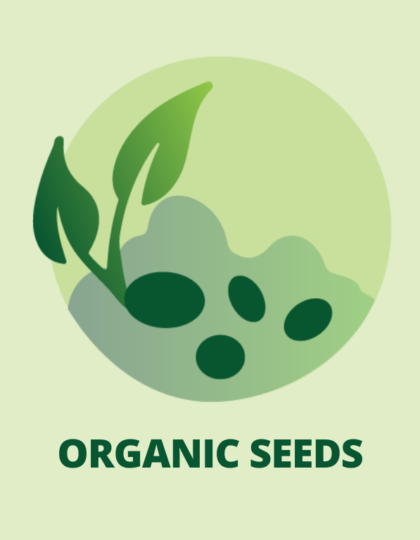
Proposal integrated Plant Reproductive Material Regulation improves after Parliament’s inputs
The EU is revising legislation on plant reproductive material, such as seeds, cuttings, trees, roots, tubers, and clones. Currently, rules…

14/03/2024
Organic regulations
Insights in international trade for EU and third country operators
On Monday 11 March, the European Organic Certifiers Council (EOCC) and IFOAM Organics Europe united experts providing insights into two…
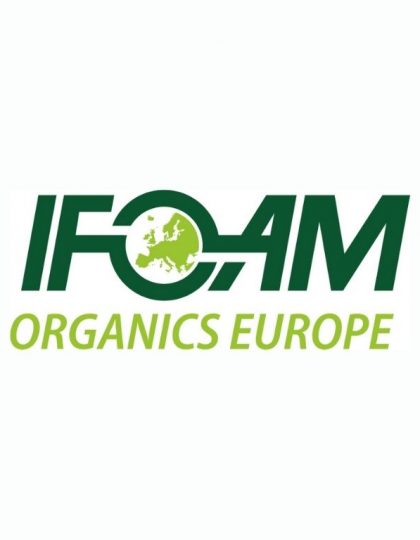
02/02/2024
Organic regulations
Statement of support for Spanish organic producers in their denunciation of a French politician's statement seeking to pit organic farmers from different countries against one another
IFOAM Organics Europe fully supports Spanish organic producers in their denounciation of a French politician’s statement seeking to pit organic…

10/11/2022
Textiles
NGOs demand adequate methodologies in upcoming legal proposal on green claims– also for apparel & footwear
The European Commission’s is working on an upcoming legislative proposal to help justify (‘substantiate’) green claims and prevent greenwashing. However,…
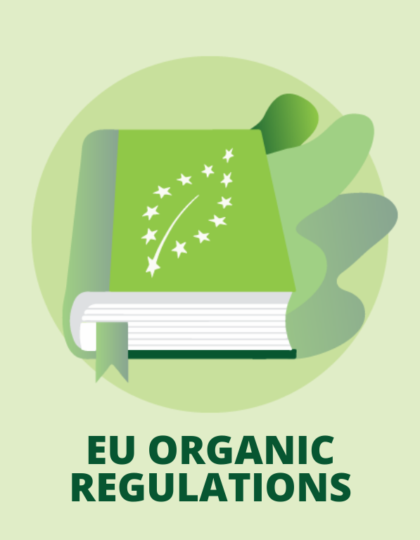
28/10/2022
Organic regulations
Changes in regulation on recognition of control authorities & bodies for the purpose of import of organic products into the EU
While the EU Organic Regulation 2018/848 has been in force since the start of the year, implementing regulation that specify…
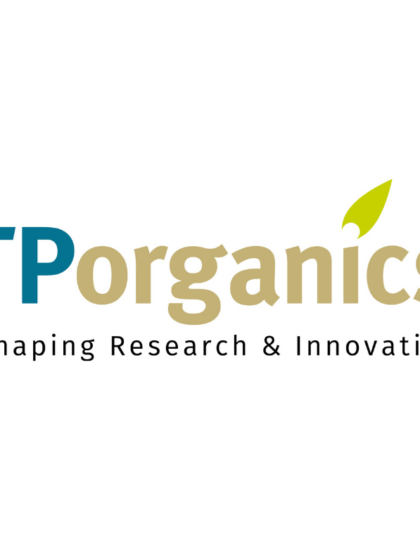
Farmers at the centre of research, innovation & knowledge exchange in TP Organics new study
Organic living labs and lighthouse farms in Europe is a brand new study by TP Organics, the European technology platform…

Preview of events
This year’s edition of the Organic Innovation Days, the only EU event on organic and agroecological research and innovation, will…
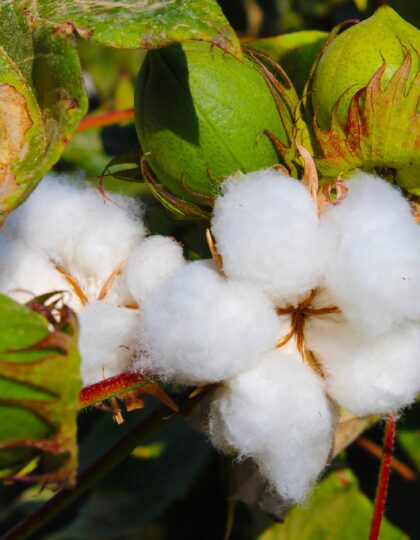
25/08/2022
Textiles
New position paper on organic textiles in a context of strong political momentum
IFOAM Organics Europe published its revised position paper Organic textiles – Protecting the credibility of the organic label. The publication…

28/06/2022
Organic regulations
IFOAM Organics Europe launches a guideline on the use of Flavourings in Organic Food
One of the new EU Organic Regulation (EU) 2018/848’s novelties is the restriction of the use of natural flavourings in…

24/06/2022
Textiles
The importance of an organic label for textiles
What is the issue with textiles?The organic textile market is rapidly growing and the textile industry may be victim of…

16/05/2022
Textiles
EU strategy for sustainable and circular textiles: Shortcomings and promises
On 30 March, the European Commission published its strategy for sustainable and circular textiles. This strategy is part of the…

Welcome note March 2022 newsletter
Dear readers, These are troubling times for Europe and the world. On top of climate and biodiversity crises we now…

22/03/2022
Organic regulations
Guidelines to help interpret EU Organic Regulation now online
After a 10-year long process, the new EU Organic Regulation has started to apply on 1 January 2022. The basic…

Expert on recycled fertilisers? Join our Task Force on Recycled Fertilisers
IFOAM Organics Europe’s Board created a Task Force on Recycled Fertilisers. This decision comes in the context of the “Integrated…

Welcome note February 2022 newsletter
Dear Readers, I would like to welcome you back after the winter break and take this opportunity to wish you…

05/01/2022
Organic regulations
New EU Organic Regulation: Guidelines & main changes
After a 10-year long process, the new EU Organic Regulation has started to apply on 1 January 2022. The basic…

05/01/2022
Organic regulations
Update on consolidated version of Regulation (EU) 2018/848
After ten years of activities, the New EU Organic Regulation (EU) 2018/848 has entered into application. As expected, many delegated…

Developing Organic: Join our ‘Pesticide use and contamination’ project
Dear IFOAM EU members, Today we’re launching a call to join our first ‘Developing Organic’ project on Pesticide use and contamination:…

